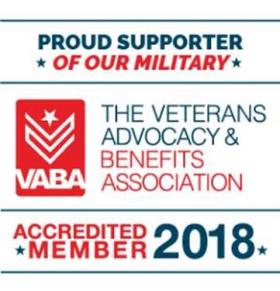SUMMER IS HERE…Does your H.O.A. or Condo. have pool rules that are kid-friendly?

1. “Children that are not potty-trained cannot use the pool.”
2. “No one under the age of 18 may use the pool without a parent or legal guardian.”
Are these pool rules legal? No. The Federal Fair Housing Act (the “Act”) makes it illegal for homeowners or condominium associations to discriminate based on one of the following protected classes: race, color, religion, sex, national origin, disability and familial status. Discrimination may occur where the victim is expressly treated differently than others in the community because of his / her protected class. Discrimination may also occur where rules and regulations have the effect of discriminating against a protected class.
Your association must be very careful to adopt rules that do not treat children (and therefore the families of those children) differently than adults. For instance, a rule prohibiting non-toilet trained children is unlawfully discriminatory against children and families. A rule that widely targets children may be facially discriminatory, so efforts should be made to adopt rules that are facially neutral and apply to everyone. With regard to prohibiting non-toilet trained children, a better practice would be to require all incontinent persons to wear waterproof pants in the pool. The application of the rule would apply to both adults and children and would not have the effect of discouraging families with children from using the pool.
A rule requiring children under the age of 18 to be accompanied in the pool by a parent or guardian is also illegal. Requiring a parental guardian to be present, rather than a competent person, which could be an adult or a 17 year old certified lifeguard, has the functional effect of transforming a likely “safety” rule into a rule that facially discriminates against families and children.
Once a complainant has shown different treatment for children (families), the burden shifts to the association to prove that the rule constitutes a “compelling business necessity” and constitutes the “least restrictive means” to achieve the desired effect. If the association fails to meet this burden, the rule will be found to be discriminatory and could be an expensive mistake. Therefore, an association should always have its attorney review its pool rules to ensure they are drafted to address the association’s concerns but are also compliant under the Fair Housing Act.
Stuart
100 SW Albany Ave, Suite 310
Stuart, FL 34994
(772) 621-2898
Ft. Pierce
101 South 2nd Street
Ft. Pierce, FL 34950
(772) 283-2626
Available for Consultation
Port Saint Lucie
932 SW Bayshore Blvd.
Port Saint Lucie, FL 34983
(772) 621-2898
Available for Consultation



